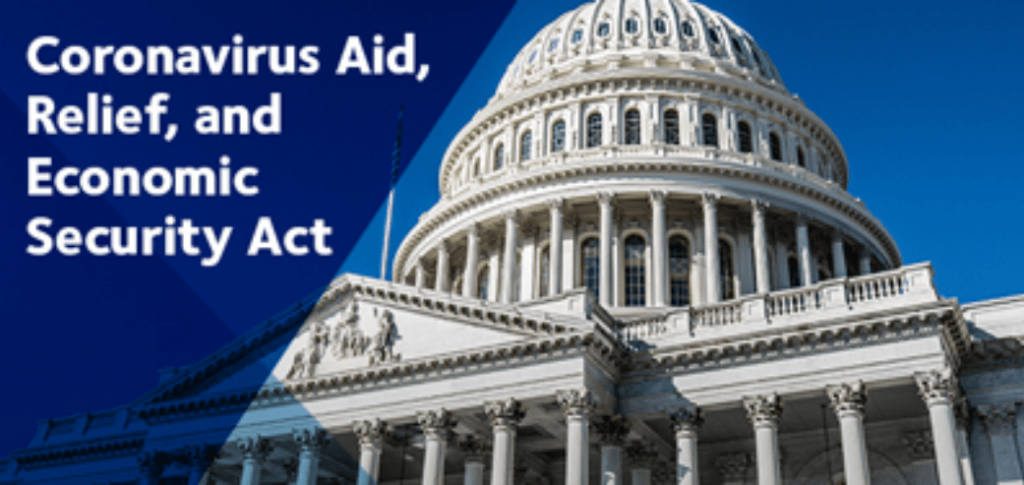Self-Directed Individual Retirement Accounts (SDIRA) are becoming immensely popular nowadays. An SDIRA is a retirement savings account that can be a traditional or Roth IRA with the same contribution limits. But the notable tax benefits of an SDIRA are of one its differentiators from a regular IRA.
At the same time, the number of investment options also differentiates an SDIRA from a traditional IRA. An SDIRA allows you to invest in more assets than what an IRA allows. With an SDIRA, you can diversify your portfolio by investing in alternative assets, like real estate, precious metals, etc. Continue reading…



